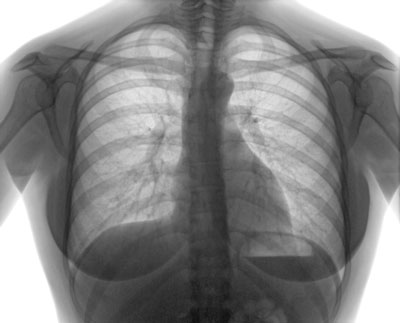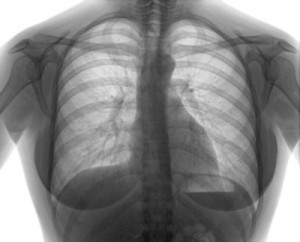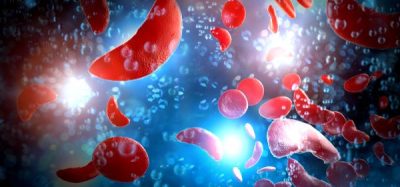Gene therapy offers hope for cystic fibrosis patients
Posted: 3 July 2015 |
A therapy that replaces the faulty gene responsible for cystic fibrosis in patients’ lungs has produced encouraging results in a major UK trial…


A therapy that replaces the faulty gene responsible for cystic fibrosis in patients’ lungs has produced encouraging results in a major UK trial.


One hundred and thirty six patients aged 12 and over received monthly doses of either the therapy or the placebo for one year. The clinical trial reached its primary endpoint with patients who received therapy having a significant, if modest benefit in lung function compared with those receiving a placebo.
Patients from across England and Scotland participated, and were treated in two centres, Royal Brompton Hospital in London and the Western General Hospital in Edinburgh.
The trial is the first to show that repeated doses of gene therapy can have a meaningful effect on the disease, and change the lung function of patients. However, the team say more research is needed to improve the effectiveness before the therapy will be suitable for clinical use.
Cystic fibrosis is the commonest lethal inherited disease in the UK, affecting around 10,000 people nationally and over 90,000 worldwide. Patients’ lungs become filled with thick sticky mucus and they are vulnerable to recurrent chest infections, which eventually destroy the lungs.
Patients inhaled molecules of DNA wrapped in fat globules, delivering the gene into cells in the lung
The cause of cystic fibrosis, mutations in a gene located on chromosome 7, was identified in 1989, opening the door to introducing a normal copy of this gene using gene therapy. In the trial, patients were treated by inhaling molecules of DNA wrapped in fat globules (liposomes) that deliver the gene into the cells in the lung lining.
Professor Eric Alton, the coordinator of the UK Cystic Fibrosis Gene Therapy Consortium from Imperial College London, who is also a consultant physician at Royal Brompton Hospital, said, “Patients who received the gene therapy showed a significant, if modest, benefit in tests of lung function compared with the placebo group; there were no safety concerns. Whilst the effect was inconsistent, with some patients responding better than others, the results are encouraging, laying the groundwork for further trials which we hope could improve the effect.
“We are looking to undertake follow-up studies assessing higher, more frequent doses as well as combinations with other treatments.”
Imperial Innovations, Imperial’s technology commercialisation company, is acting as the lead technology transfer office for the consortium. Innovations holds a family of patents and orphan drug designation for the treatment, and is seeking commercial partners who can support its further clinical development.
A second cystic fibrosis therapy that uses a virus to deliver the DNA is in development
The consortium is developing a second therapy that uses a virus to deliver the DNA into cells. They are aiming to begin the first clinical trial of this treatment in 2016.
“Our aim is to achieve a step change in the treatment of cystic fibrosis that focuses on the basic defect rather than just addressing the symptoms. It has taken more than 20 years to get where we are now, and there is still some way to go. Eventually we hope gene therapy will push cystic fibrosis patients towards a normal life expectancy and improve their quality of life significantly,” said Professor Alton.
The findings are published today in The Lancet Respiratory Medicine.








